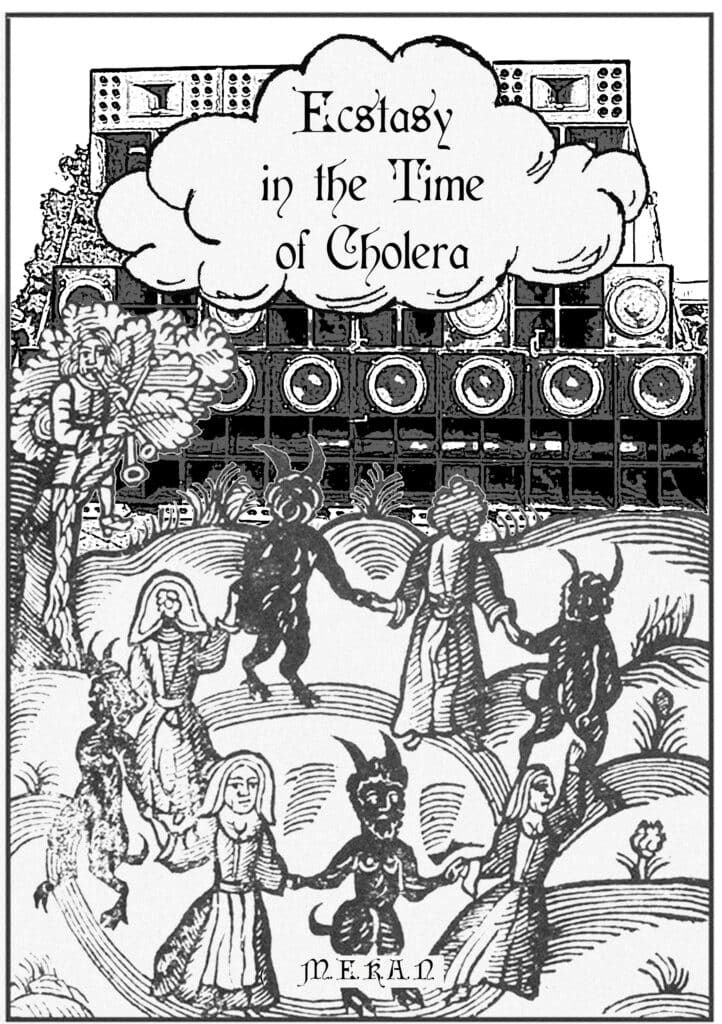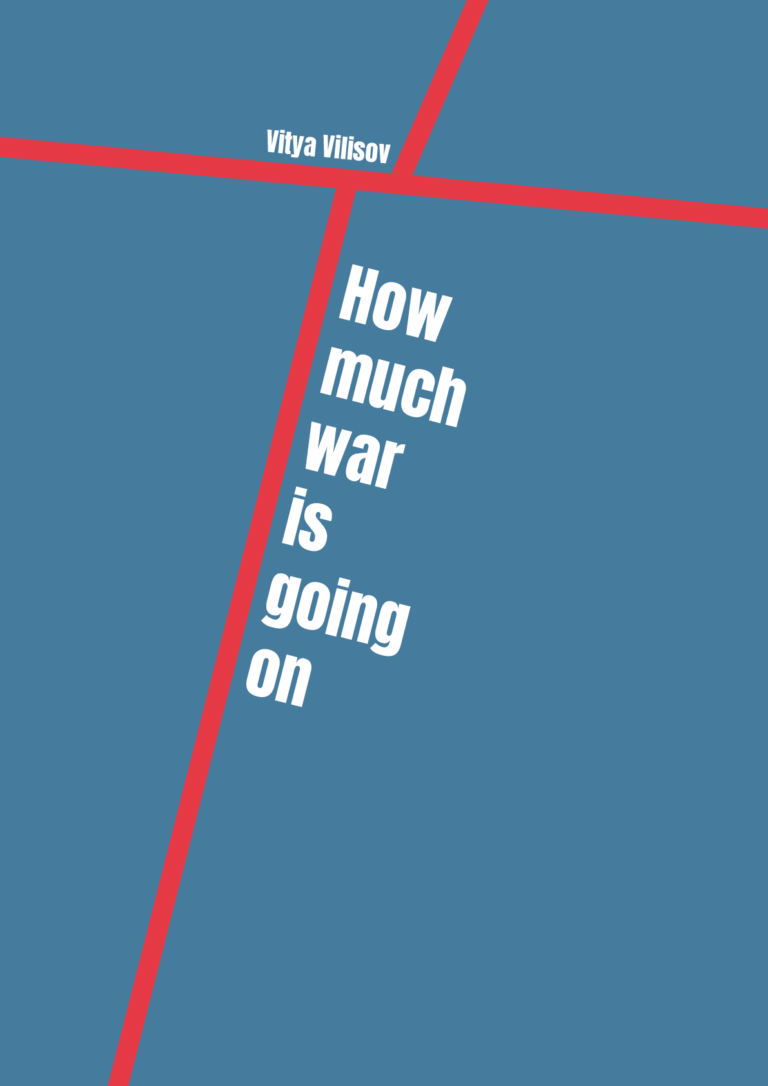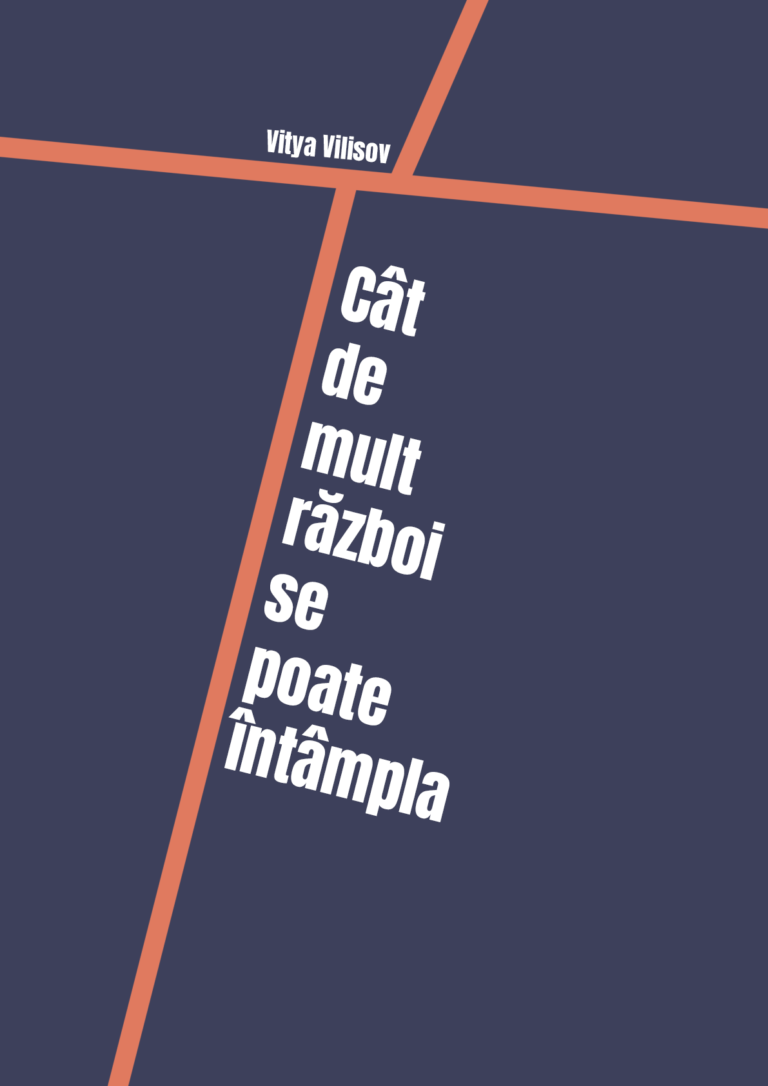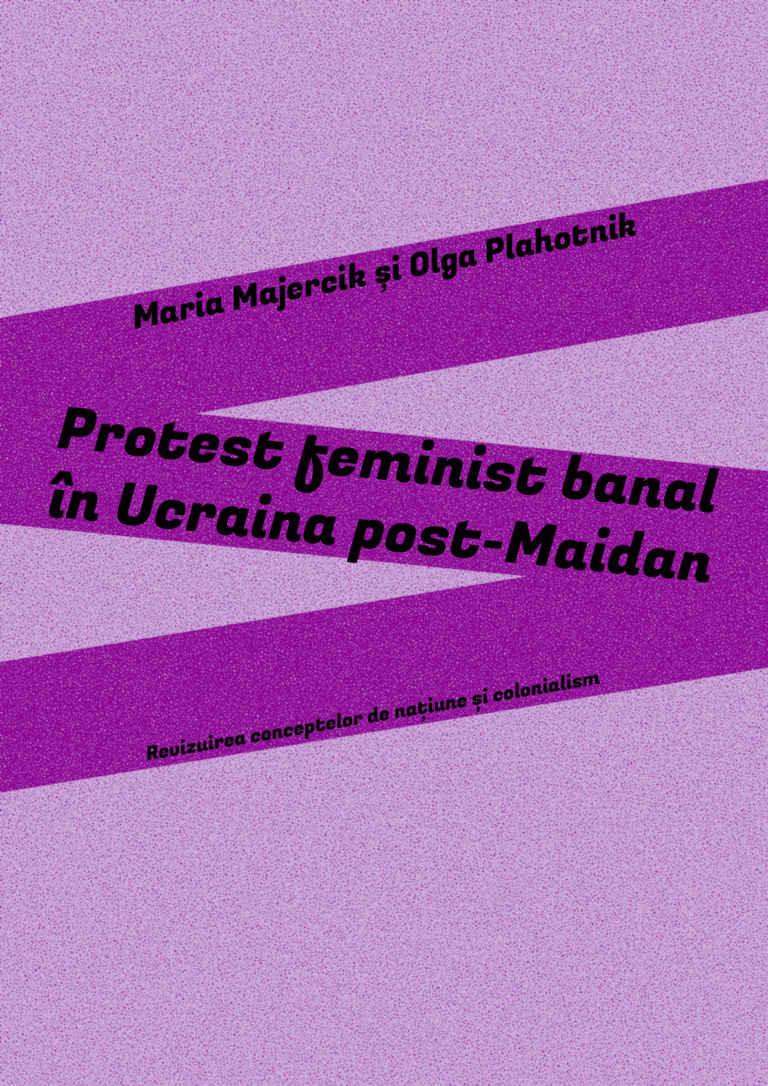Rather than being a comment on the adequacy — or not — of the quarantine measures imposed by the State, which is a whole different discussion, this is a comment on biopolitical governing techniques and on the behaviour of the “population” during this period that authorities managed to define as a “global health emergency”. The manners in which we react in such moments are symptomatic, I think, of the current order’s functioning.
Succinct notes on biopolitics
• The function of a control dispositif is to make sure that “nothing really happens” in the sense of preventing or eliminating the irruption of unpredictable, rebellious or antagonistic realities within the confines of official reality (which is itself modelled by the very same control dispositifs).
• We could define the distinctive control techniques of European modernity as “biopolitics” that is, as the creation of a capillary network of power relations that has as object the ruling of “life” (“bios”). “Ruling life” can take various forms: it could mean the control of the health, reproduction, demographics, nutrition and epidemiology of the subjects; or the shaping and control of their intimate practices, desires, enjoyment and imagination.
• In the Western world, biopower usually acts through seduction, manipulation, incitement, guidance or channelling, for example through techniques like therapy, counselling or education, rather than through direct coercion. A successful dispositif of biopower does not force you to take a certain path, but convinces you that this is the only desirable or, even, the only possible path you can take. But of course, modern biopolitics can also lock you in a concentration camp and dispose of you as they please.
• Biopolitical discourse is always the same: the authorities are taking all necessary measures to contain threats to health: the “contagious” (to be confined), the “degenerate” (to be eliminated), the “primitive” (to be educated and/or integrated), the subversive/ungovernable (to be co-opted, integrated, confined, isolated or eliminated). And whatever the State considers as its enemy is represented as an illness (infection, plague, cancer, pest, etc.) that attacks the body of the Nation. This means that, whenever “biopolitical modernity” enacts oppression, exclusion, discrimination, apartheid, incarceration, terror, war, torture, genocide and so on, it justifies it as an act meant to preserve the health and well-being of the Nation or population. In this way, even the most ruthless governmental measures will be perceived by the loyalist citizens as a neutral and benevolent therapeutic intervention, an act of healing.
• One of the main fears in bourgeois modernity is that of “contagion”: the contagion of our “natural” sex/gender by the “opposite” sex/gender (“real men’s” effemination, “real women’s” masculinising); of our “normal” sexuality by “abnormal” and “perverted” sexualities; of our culture and civilisation by primitive and barbarian ones; of our Nation by foreigners; of our private space by other people; of our rationality and our truths by irrationality, uncertainty and ambivalence; and, of course, of our health by various pathologies.
• Within the — by now global — biopolitical dispositif of power, confinement is one of the main instruments of governing: the threat to the health of the Nation has to be isolated. The Nazis create concentration and extermination camps to eliminate the Jewish population, which they define as the pest infecting the body of the Aryan Nation; the Israeli State enacts a system of apartheid, of walls, barbed wire, check points, blockages, house searches, concentration camps, prisons, abduction, murder, terror, torture and so on to confine the Palestinians, which they define as a threat to the health of the Nation. The European States “secure the borders” to keep out the migrants which they also define as a threat to the health of the Nation; the USA does the same to keep out the Mexicans, which they define as an infection to the Nation… and so on, you can find a myriad of examples.
• The majority of the Western population has been sunk into a state of infantilism. By being infantilised I mean being made completely dependant on the will, guidance and resources of someone else (in the case of children, for example, dependent on the family, on educators or on the State); while at the same time perceiving the discipline and control that these authorities enact as normal, as a good, as a privilege, as a right, as freedom or as love.
• “Crisis” is the favourite new tool of biopolitics: kept in a perpetual state of crisis, the infantilised population will do anything to “save their lives”.
• In times of biopolitical crisis, like the “pandemic emergency” we are living, the fascists, who get themselves excited with biopolitical fantasises of genocide and “cleansing” at the best of times, are having a ball. The fascist leaders compare migrants to the coronavirus; the news blurt that migrants bring over the infection; all sorts of brutality are justified through public health discourses, and so on.
• The more docile one is, the more aggressively they will embrace egotism and fascism in times of crisis: terrorised by their own helplessness, the loyal citizen starts looking for a scapegoat, for someone on which to project their self-despise. This can be, for example, one of the classical others of modernity: women, migrants, “non-whites”, “homosexuals”, etc.’. In our 2020 case of “biopolitical State terror”, the scapegoats are “the infected”, “the asymptomatic positives”, “those that do not obey the quarantine and put all of us to risk” and so on.
A few thoughts on what’s going on
• Once a deadly and hideous enemy — the virus — was finally found, the Italian State took the opportunity to flex some muscle and reinstate its function as Father of the Nation that will save all its children but also discipline them if necessary – for their own good, of course. The solemn and heroic rhetoric of war propaganda was resuscitated to pump some patriotism in the calcified veins of the Nation: “Italy suffers! Italy makes sacrifices! Italy stands together! Italy fights! We shall prevail!”
• The State extends the technique of confinement to the entire population and emanates a plethora of administrative measures that try to control what we can do, say and think. We are assured that the impositions, decided by cliques of politicians and “men of law” and supported by the semi-divine authority of the biomedical cast are the only way to save the health of the population and, why not, the world.
• Most of the loyal citizens applaud the draconian measures and some ask for increased severity; they wait, full of hope, for salvation to come from above; and assault the pharmacies and supermarkets in a race for a “survival of the fittest consumer”. The most that they request is a return to “normality”, to the power relations of “before the epidemic” that now seem to represent absolute freedom.
• Typically, the media overflows with calls to “social responsibility” that cannot sound but hypocritical, coming as they are from the overfed, over-privileged population of affluent Europe that, in their daily life, exhibit the crassest indifference in regards to the lives of other people and to how their own daily practices feed the various global dispositifs of exclusion, immiseration and destruction. The model of the “responsible citizen” that they summon up is one of the typical figures of fascist citizenry: either the “innocent citizen” that dutifully obeys or the “policewoman citizen” that helps the authorities in their control effort.
• It seems that the loyal citizens enjoy, in a perverse way, this end of the world paranoia; finally some excitement, some tragedy in our insipid lives, the sense of being part of something important! This exacerbation of the Spectacle in biopolitical key excites everyone to no little amount and they engage with glee in passionate discussions about the epidemic; in policing the others; and in re-tracing in their own lives the logic and barbed wire perimeters of the concentration camp.
• All this biopolitical deployment functions as a control dispositif: it gives another erection to the, by now rather flaccid, pillars of bourgeois order, imposing them as sacrosanct certainties and undisputable moral principles. In other words, I think that the main result of this biopolitical crisis is the new consensus that bourgeois reality is the only one possible and that the State, para-State or corporate institutions are the only entities capable of managing it properly. Some of these recent “infection containment” measures, implicitly or explicitly, proclaim that:
— People are incapable of managing their own realities that is, incapable of living autonomously; thus, authorities – political, administrative, biomedical, military, corporate, media, educational – have the right and duty to take charge of the situation, using whatever means they decide are adequate.
— The duty and responsibility of a “good citizen” is to obey. Disobeying the control measures represents a “threat to society”, puts at risk “our health and way of life” and has to be immediately repressed.
— Reinforcing the senile pronouncements of classical liberal political philosophy, the only spaces decreed safe for the citizen are the confines of the property that they possess or rent; the workspace (which often nowadays merges with the home); or the space of consumption (the supermarket, the mall, etc.); while our salvation lies in isolation, in thinking only about oneself and one’s family and in treating everyone else as a threat (internalization of “social distancing”). According to the same decrees, the only “healthy” social relations are those within the nuclear bourgeois family; or, work related. The group, the collective and any form of self-organising that does not fall under the categories approved by authorities as representative of “civil society” are a threat to the wellbeing of society, a foci of infection.
— The main objectives in life are “security” and “comfort”: the “security” insured by authorities and the law; and the “comfort” provided by the capitalist circuits of work-consumption-leisure. As such, the most desirable things in life can only be obtained by obeying the rules of official reality. Restrictions, punishments and controls are a form of protecting our privileges as metropolitan citizens.
• Such functioning of the citizen’s “safe space” is moulded after that of the cell in the carceral economy.
• This consolidation of the pillars of liberal “freedom” stimulates a further move towards a fascist model of social organisation where the “public good” means control, “responsibility” means obedience and “solidarity” means defending the Fatherland/Motherland against threats. Thus, biopolitical absolutism is seamlessly installed where before “soft” biopolitics were ruling, reminding me of the typical European oscillation between “liberalism” and “fascism”, which the bourgeois order tries to convince us are antagonists but which, in fact, are two synergic aspects of a modern governing that initiates its crusade for the “liberty and equality (of white well-off males)” with colonial and domestic massacres and that has continued in the same vein until today.
• So many around us have turned to the authorities — State, medical caste, police, corporations, etc. — for guidance and salvation. So many have, with paranoid excitement, adopted the dominant version of reality and turned into relays of power, into channels through which the dominant discourses circulate. They stare feverishly at their screens, repeating like parrots the official mantras and rituals: “coronavirus characteristics, morbidity, mortality, incidence, virulence, symptomatology, prevention, protection, sanitation, safety measures, self-quarantine, do this, avoid that… Italy, the economy, the growth/fall, the GDP, work, debt, subsidies, emergency financial packages…” All other realities have been engulfed by this official reality that pours epidemiological data and shouts orders. Our swift transformation into ventriloquist’s puppets signals our continuing dependence on the guidance of the parental voice and gaze.
• But for the handful of people that refuse to let their imagination be colonised by the hypnotic mechanisms of biopolitical control and that, rather than enjoying obedience, continue to think of how to escape the concentration camps of liberal democracy, those are the right moments for assessing the form and strength of our autonomy and to trace, while walking, our new paths.





